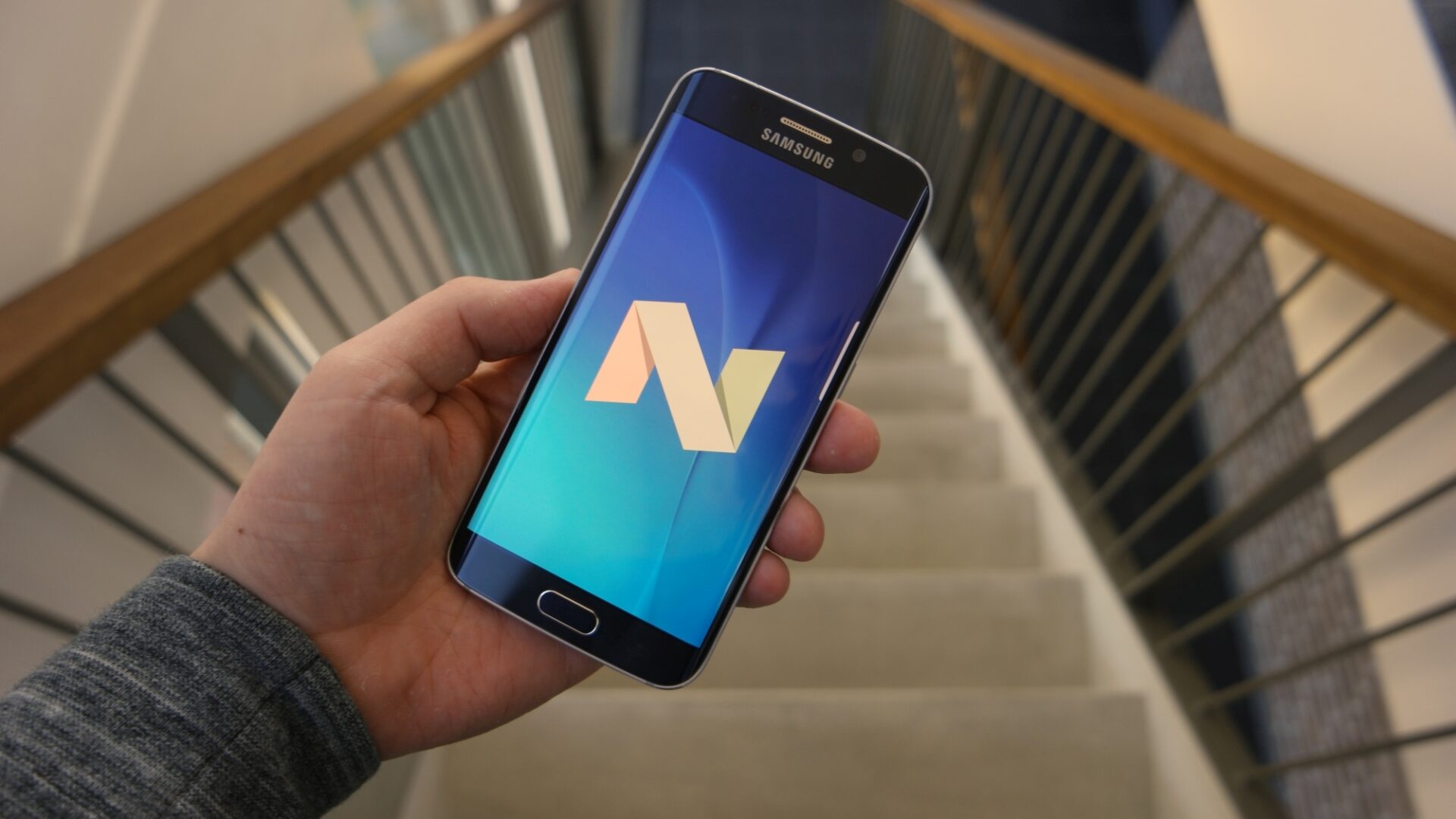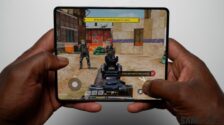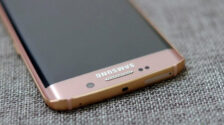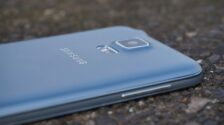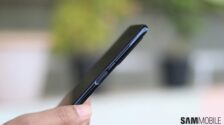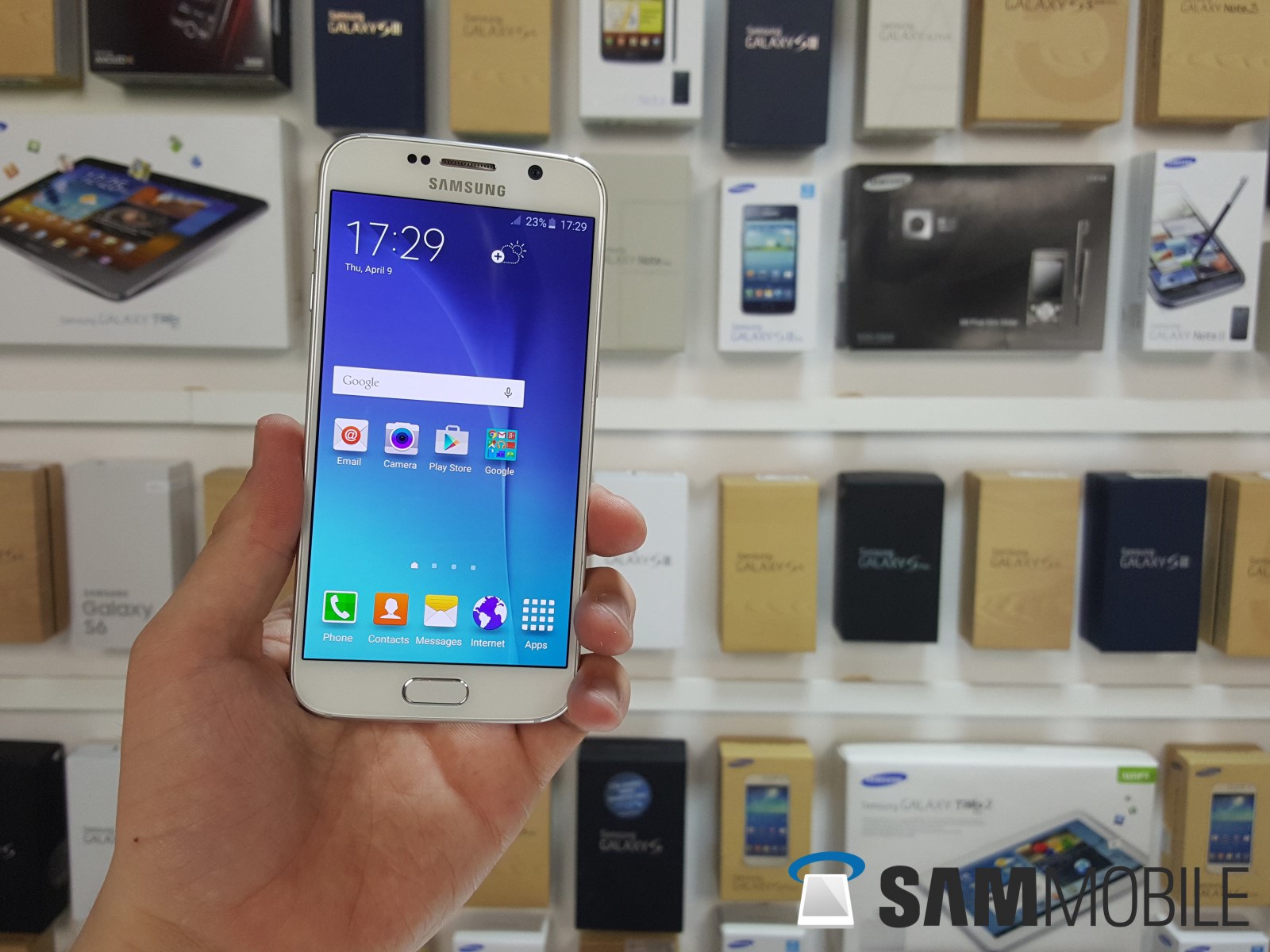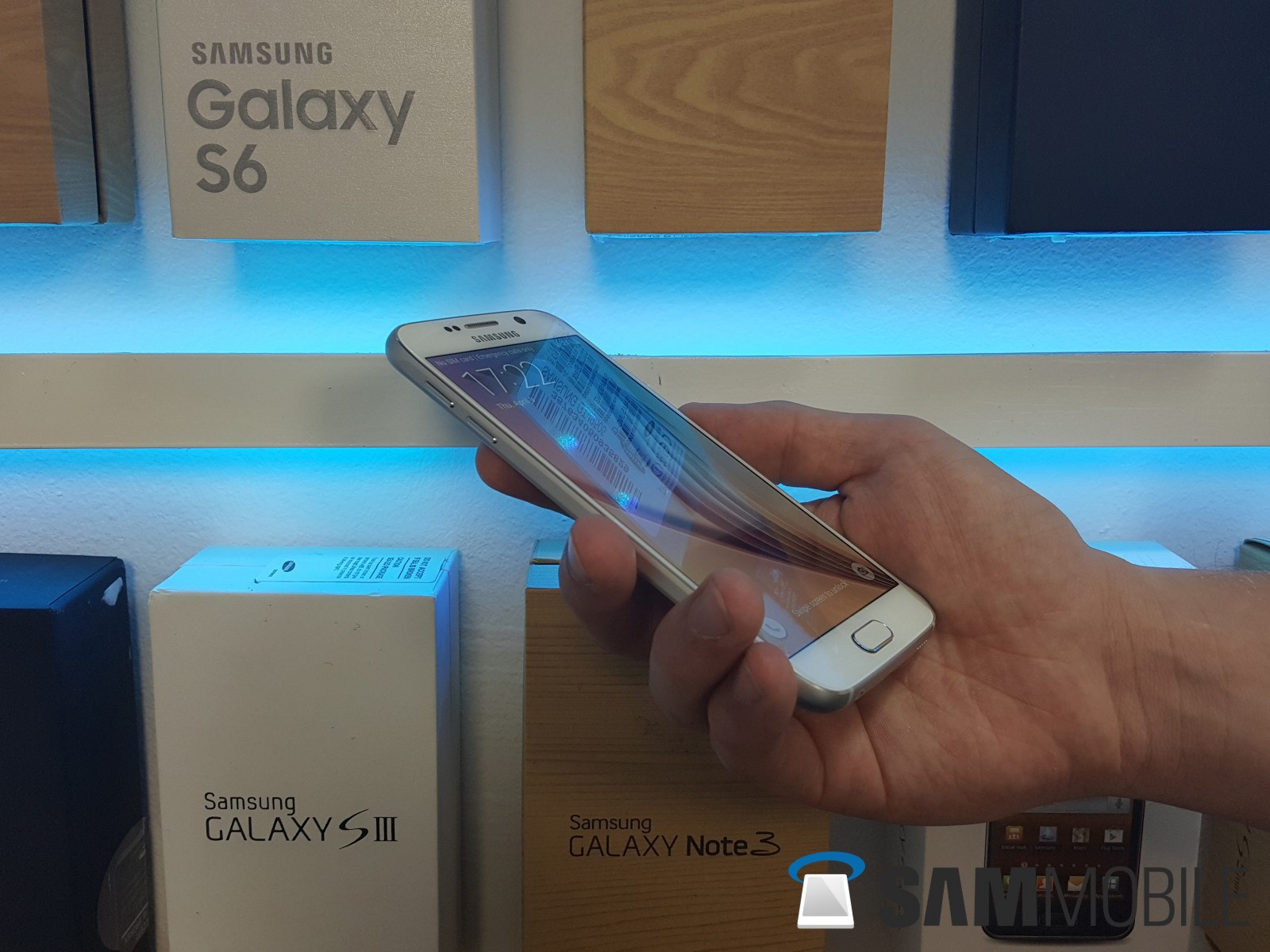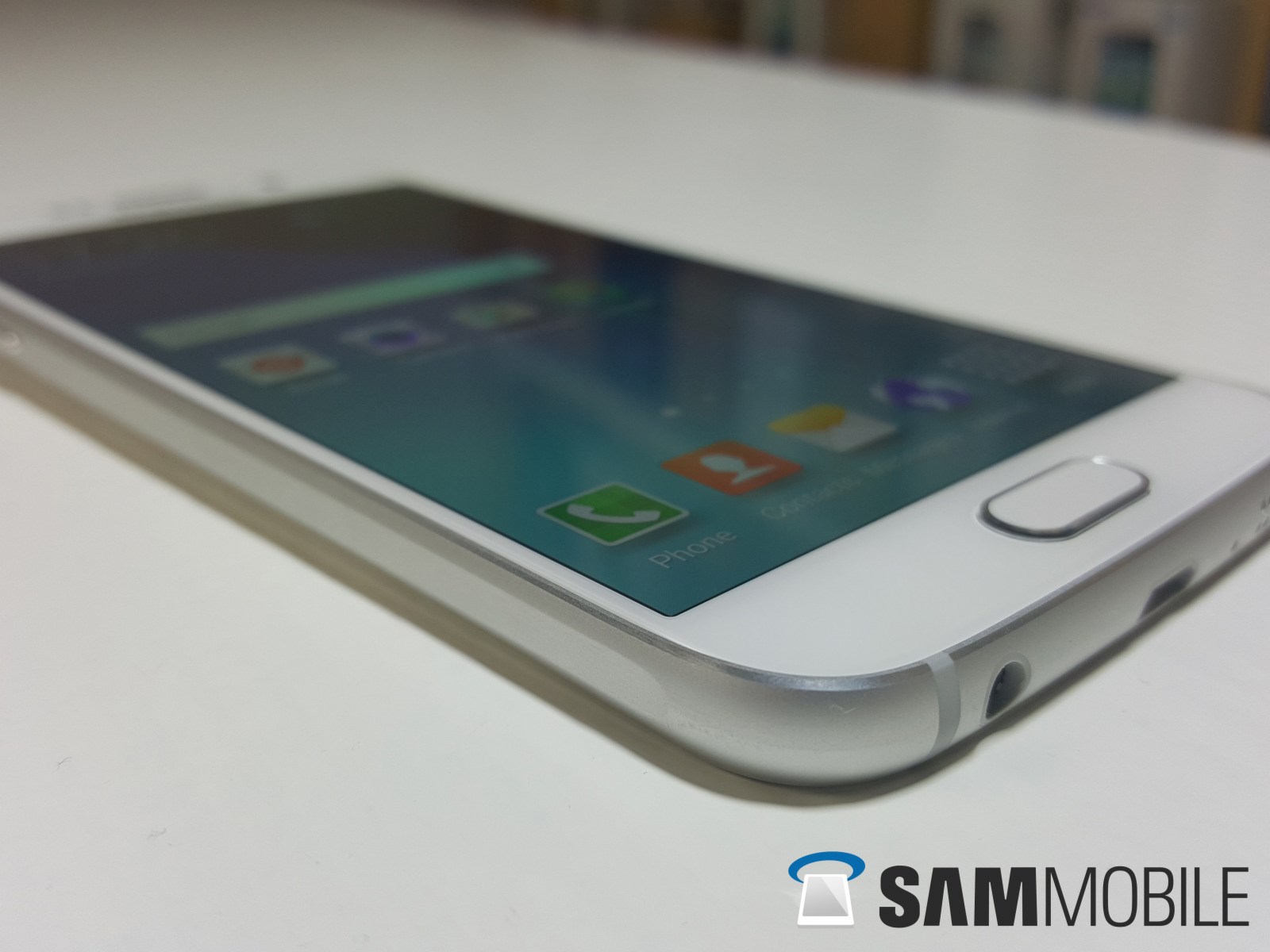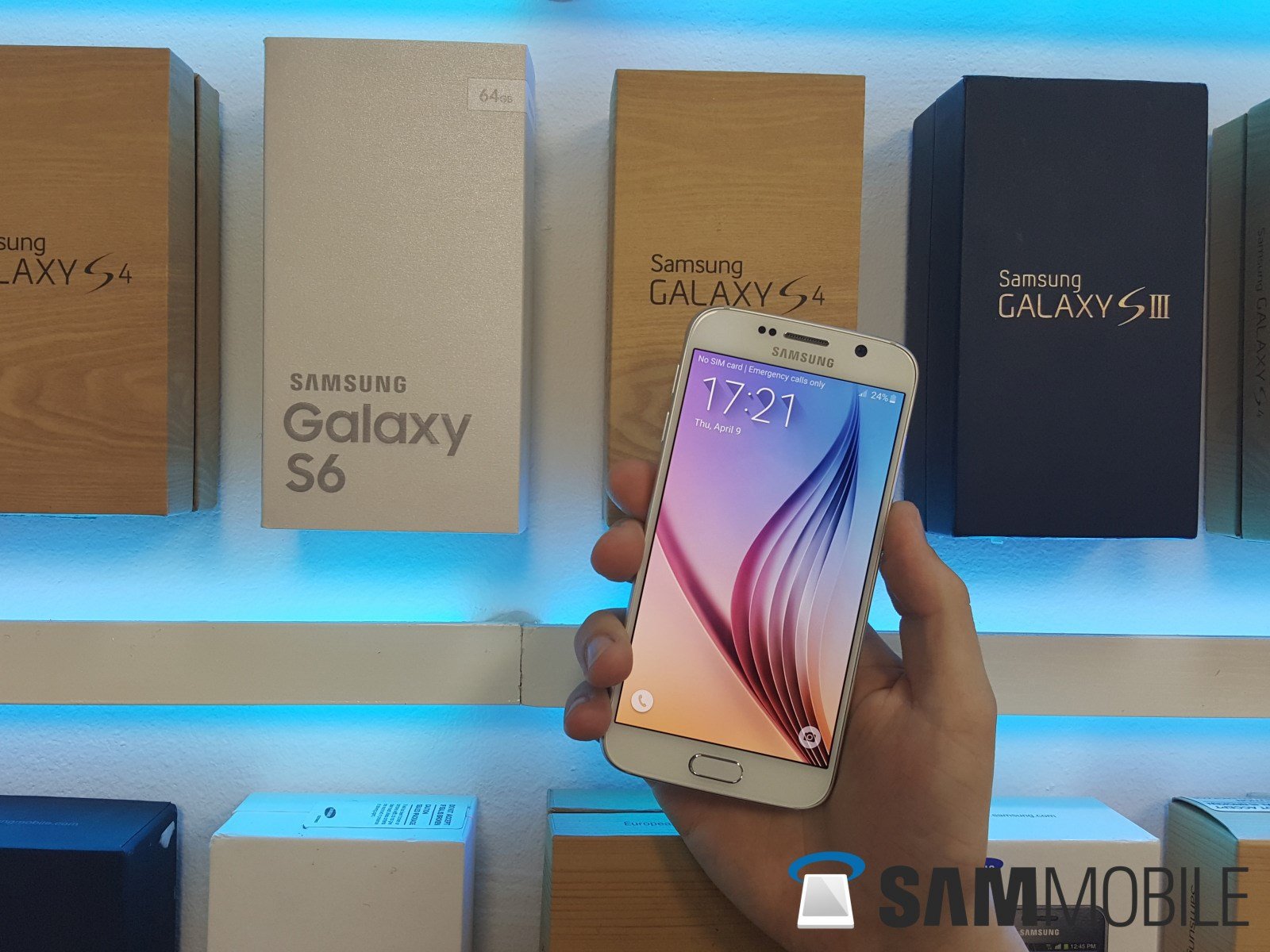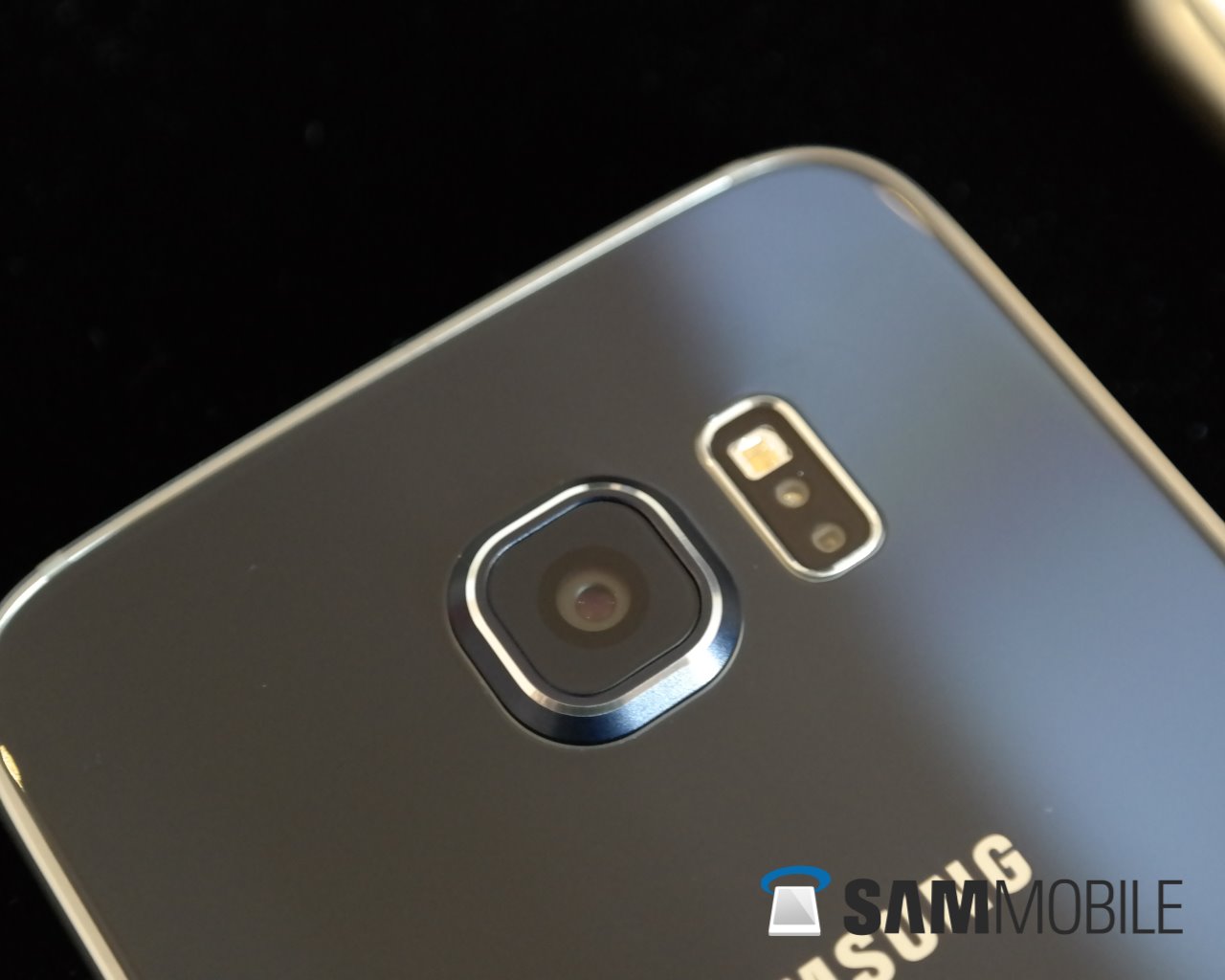Introduction
Samsung completely changed its design philosophy for high-end smartphones with the Galaxy S6. While earlier Galaxy S flagships had primarily been fashioned out of plastic, the Galaxy S6 stood out from the pack because of its ultra-premium, high-end metal and glass build. It had Gorilla Glass 4 both on the front and back.
Samsung had to make some major changes after the Galaxy S5 essentially bombed on the market. There were reports that it sold 40 percent less units overall compared to its predecessor. So Samsung came swinging out the gate with the Galaxy S6 and delivered a truly remarkable device.
This was also the first time that Samsung launched two significantly different models of its flagship smartphone. The Galaxy S6 was accompanied by the Galaxy S6 edge, which had a dual-edge curved display.
Design
This was Samsung's first flagship smartphone with a unibody design but Samsung used non-industrial forms where it could with curves and edges to provide a more comfortable feel. Since it was a unibody build, this also meant that the battery was no longer removable, something that took quite a while for the Samsung faithful to get used to.
The device's front was as traditionally Samsung as it could get, with a physical home button flanked by the recent apps and back key on either side. A speaker is present at the bottom alongside the micro-USB port, the 3.5mm headphone jack and microphone. There's another microphone at the top frame as well as an IR blaster. The Galaxy S6 does not have a water resistance rating. Measuring 143.4 x 70.5 x 6.8mm, the Galaxy S6 weighs 138g.
Specifications
The Galaxy S6 was powered by Samsung's own Exynos 7420 processor with 3GB of RAM. It was available with 32GB, 64GB and 128GB storage options. It didn't allow for external memory expansion since there was no microSD card slot. The addition of faster UFS 2.0 storage did try and make amends for that, though.
It came with the whole gamut of sensors which include an accelerometer, barometer, fingerprint sensor, gyro, hall, HR and proximity sensor. The Galaxy S6 also featured a 2550mAh non-removable battery with wireless charging support.
Display
Samsung opted for a 5.1-inch Quad HD (2560×1440) pixel resolution Super AMOLED display for the Galaxy S6. The panel had excellent viewing angles with images remaining perfectly sharp and visible at all angles. Since the Galaxy S6 had a flat panel, it also didn't suffer some of the glare issues that the Galaxy S6 edge's screen did under direct sunlight.
Camera
Samsung equipped the Galaxy S6 with a 16-megapixel f/1.9 rear camera with an LED flash, autofocus and Optical Image Stabilization. There's also a 5-megapixel f/1.9 camera on the front for selfies and video calls. Compared to earlier Samsung flagships, the Galaxy S6 was able to take much better low-light photos with even better results in daylight.
Software
The Galaxy S6 launched with Android 5.0.2 Lollipop with a new iteration of Samsung's TouchWiz custom skin. The new UI had some elements of Google's Material Design with squarer icons and an overall clean look. Samsung also brought support for themes to the Galaxy S6. There were new animations, a simplified settings screen, and updated stock apps.
Price and Availability
Samsung released the Galaxy S6 across the globe on April 10, 2015. It was offered in Black Sapphire, Gold Platinum, White Pearl and Blue Topaz colors. Pre-orders began on March 27, 2015 in the United States. Prices for the Galaxy S6 started at $600.
